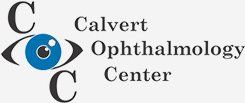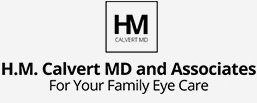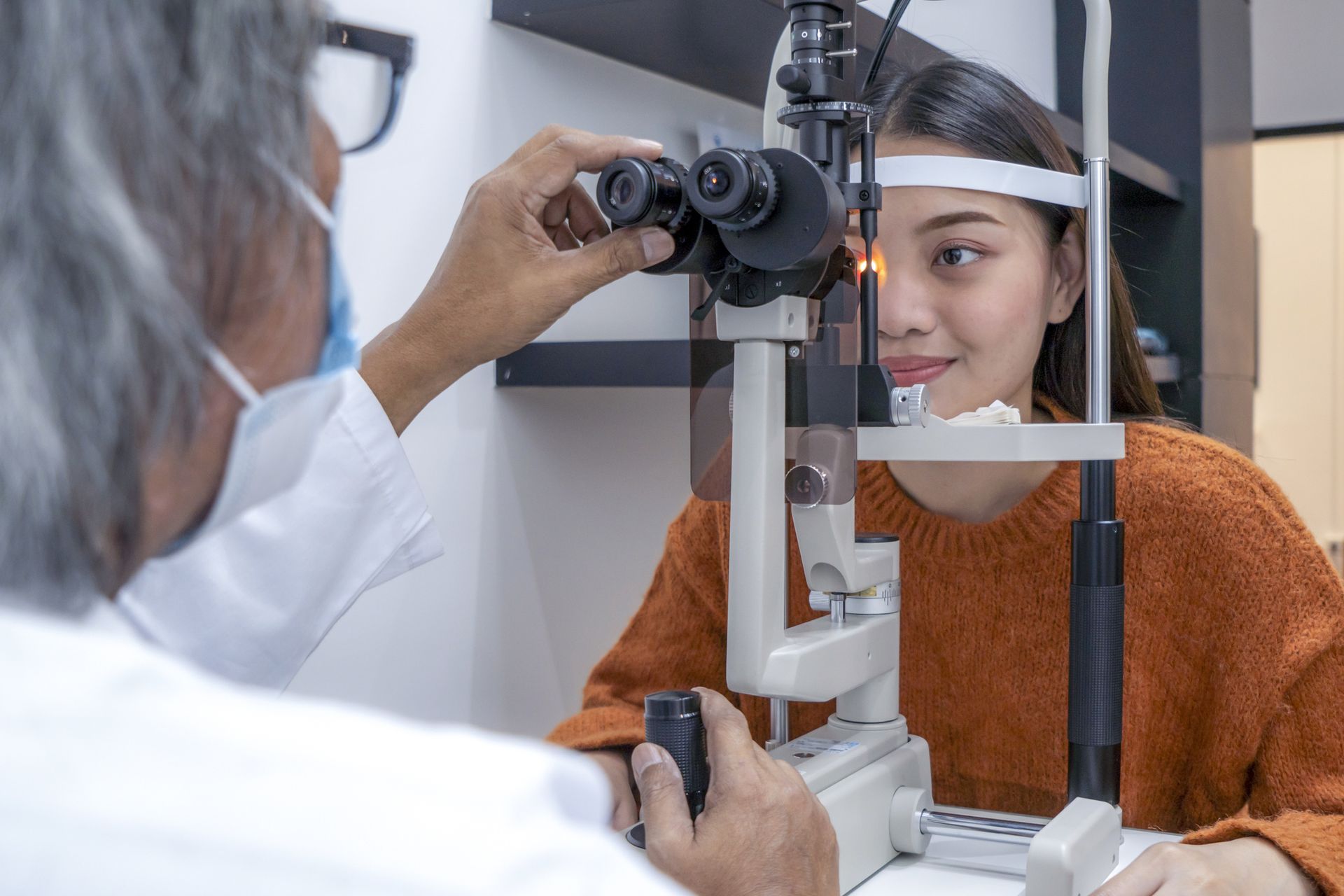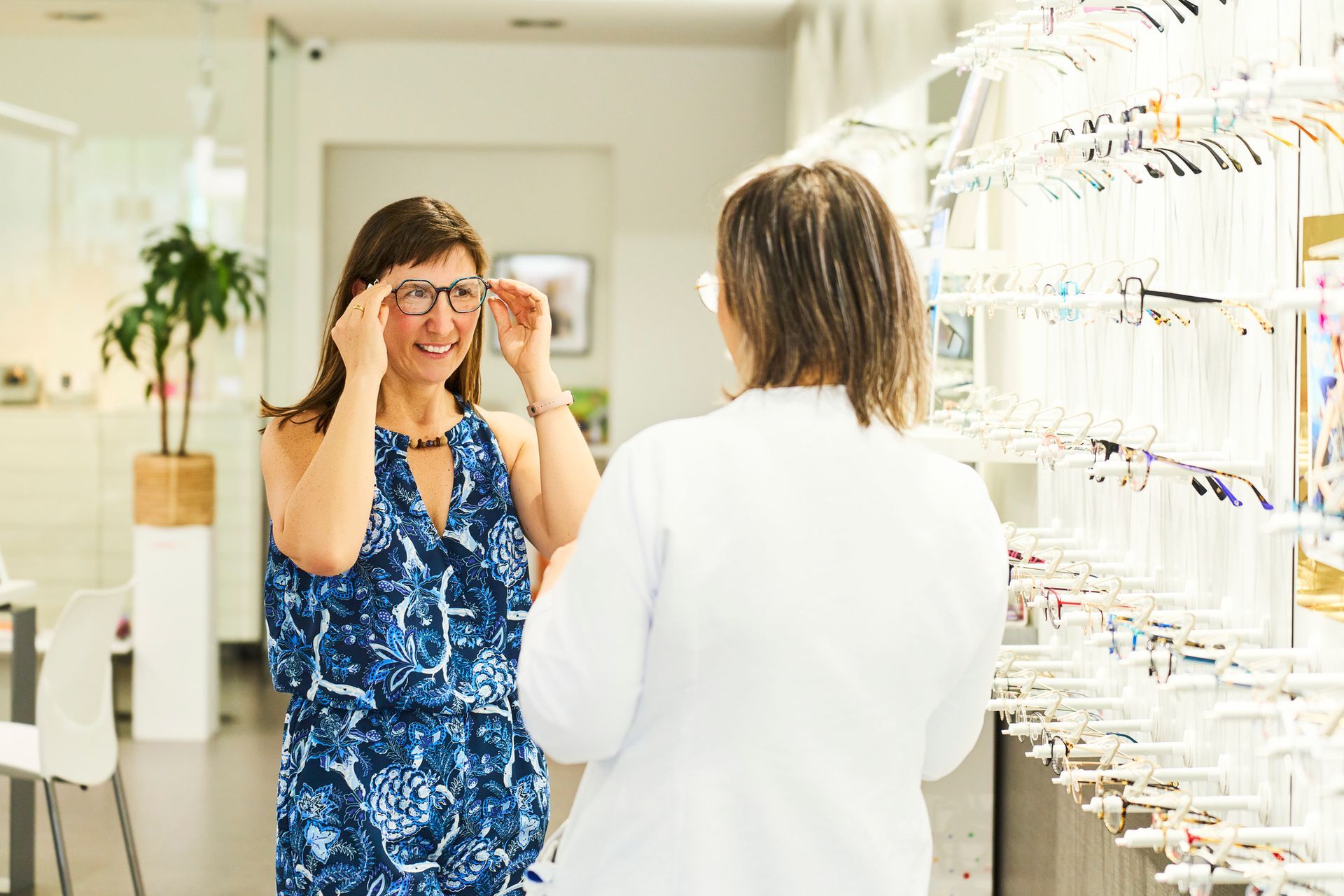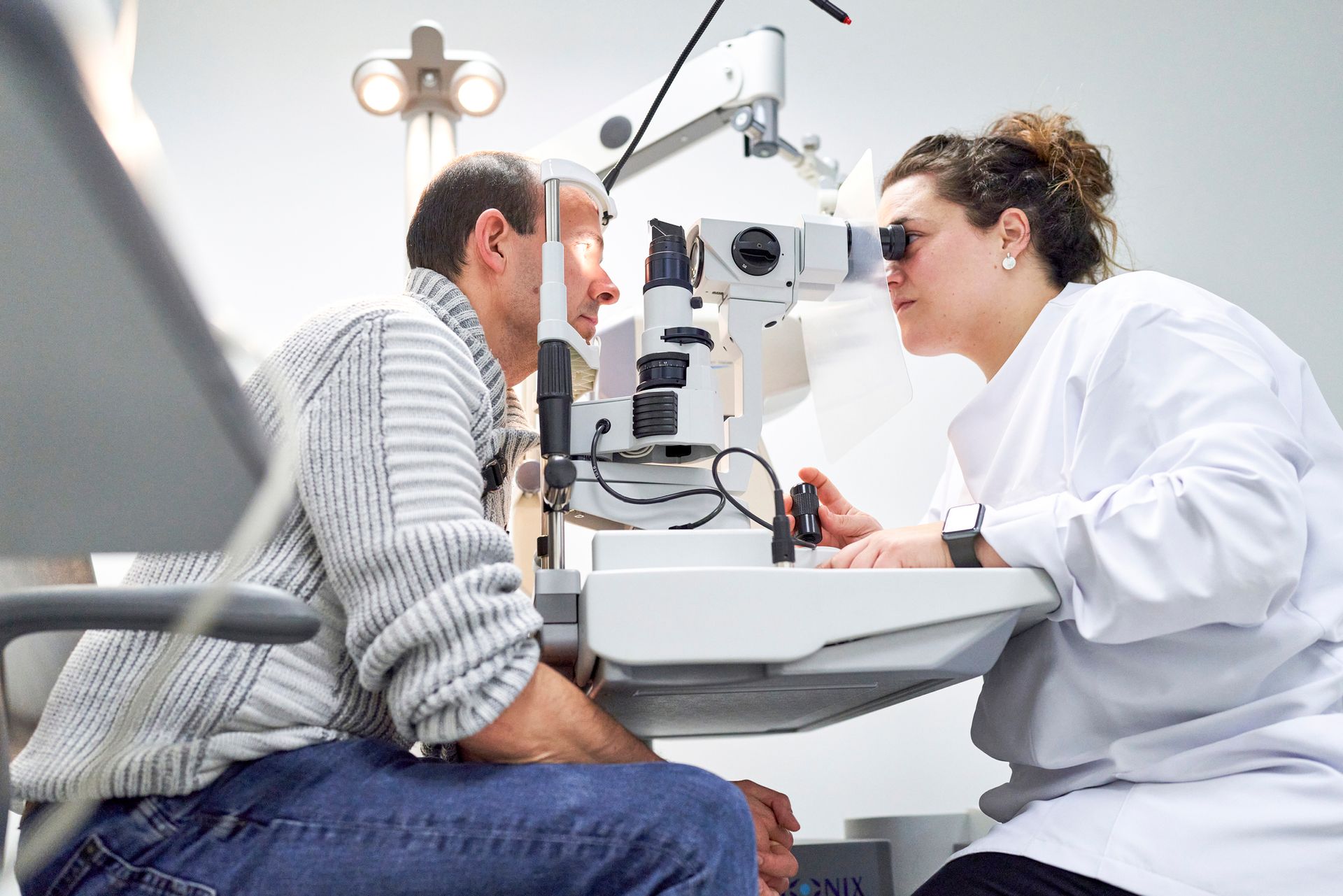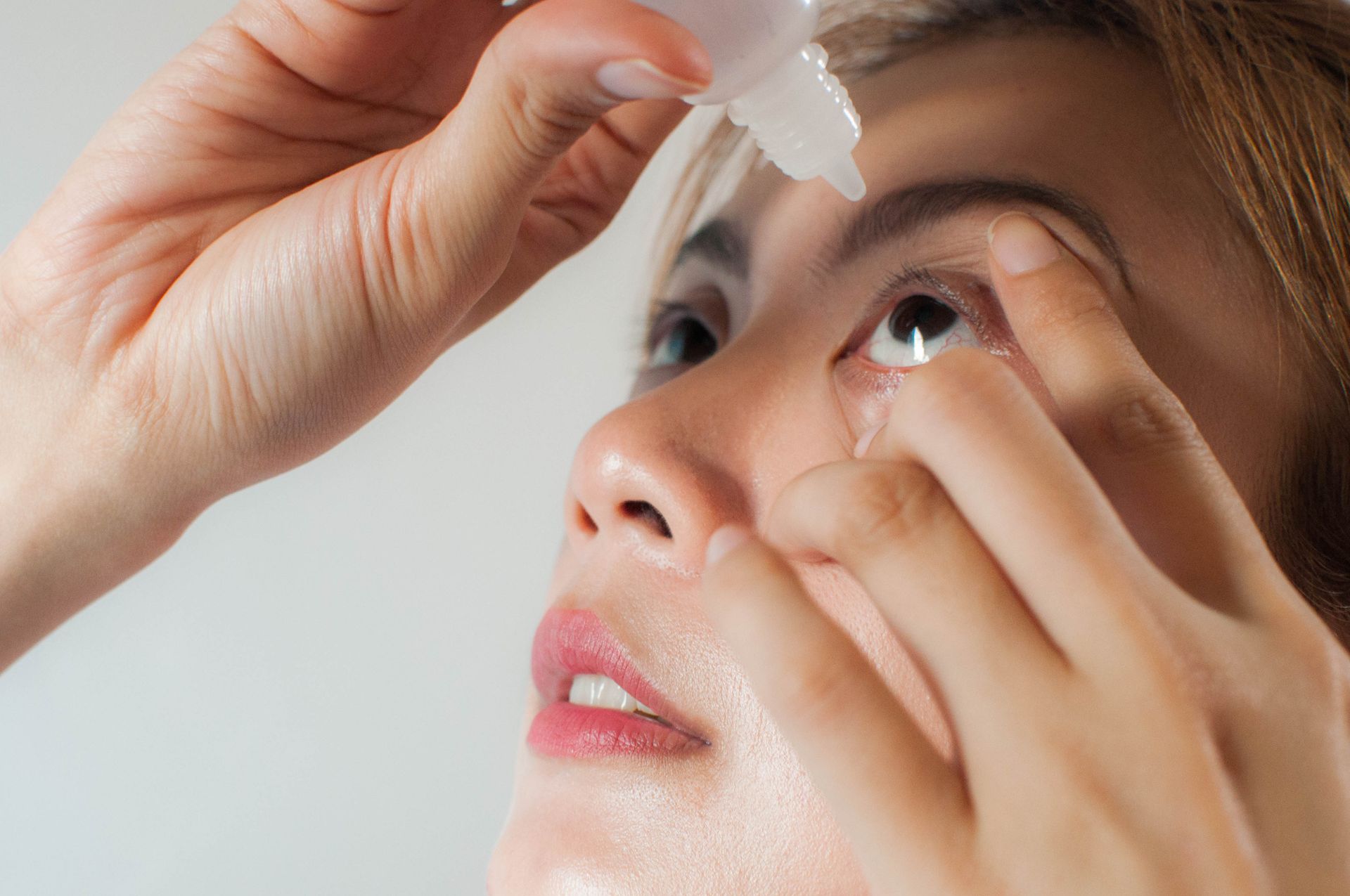Macular Degeneration Treatment Options
Macular degeneration can pose a direct threat to your eyesight - or at least to the central zone of your eyesight that allows you to focus on people, objects, and text. This disease, which most commonly strikes people aged 50 and older , often causes progressive retinal damage, abnormal blood vessel formation, and bleeding inside the eye.
Fortunately, modern medical knowledge and technologies can help you preserve your eyesight even after receiving a diagnosis of macular degeneration. Take a look at some key treatment strategies your ophthalmologist may prescribe in your battle against this leading cause of vision loss.
Dietary and Lifestyle Changes
Macular degeneration typically starts as a less destructive form but very common one known as dry macular degeneration. In this stage of the disease, the tissue of the macula grows thinner and clumps of proteins may develop in the eye. Ophthalmologists treat this early stage by recommending lifestyle changes rather than medical procedures.
Cardiovascular disease and macular degeneration share some of the same risk factors. For this reason, your ophthalmologist may urge you to get your blood pressure under control. You may need to quit smoking, lose weight, get more exercise, or change your diet so that it revolves around whole grains, fruits, and vegetables.
Some foods can prove especially good for maintaining healthy eyes. Consider eating more fatty fish, which can provide your eyes with omega-3 fatty acids. Consume plenty of antioxidant-rich foods, such as yellow or orange peppers, dark leafy greens, and fruits such as blueberries, raspberries, grapes, and strawberries.
AREDS2 Supplements
If your macular degeneration has progressed into an intermediate stage, you may need more concentrated and precise nutritional help than you can easily get just from foods. As a response to this need, researchers have developed two special supplementation formulas: AREDS and AREDS2.
Both AREDS and AREDS2 contain a finely tuned balance of several key nutrients that support retinal health. The original AREDS formula includes Vitamins A, C, and E along with beta-carotene and zinc. AREDS2 includes the same nutrients as AREDS but adds two more potent antioxidants, lutein and zeaxanthin.
Anti-VEGF Injections
Some people with dry macular degeneration eventually develop the later-stage condition known as wet macular degeneration. In this stage, weak, abnormal blood vessels can develop that leak blood into the retinal tissue, causing swelling and releasing blood into the eye. This problem can also scar the macula.
Abnormal blood vessels in wet macular degeneration seem to stem from high levels of vascular endothelial growth factor (VEGF). To reduce the levels of this protein in your eyes, your ophthalmologist can inject the eyes with anti-VEGF medications. A course of such injections can slow or even arrest the growth of new blood vessels.
Surgery
Although anti-VEGF injections can help minimize the number of new blood vessels that might leak blood into the retina, they can't address any leaky blood vessels your wet macular degeneration has already produced. To control that bleeding, your ophthalmologist may recommend that you undergo laser surgery.
In the traditional form of laser surgery for this condition, a technique called laser photocoagulation, the ophthalmologist uses the surgical laser to burn specific areas of retinal tissue, thus sealing off leaky blood vessels. This technique has its pros and cons because it can also burn healthy, useful retinal tissue.
A newer form of laser surgery called photodynamic therapy offers improved precision, with less damage to healthy retinal tissue. In this procedure, the ophthalmologist injects you with a light-sensitive drug. When the laser shines on blood vessels containing this drug, the drug creates clots in them, sealing them off.
If you need treatment for macular degeneration, turn to the specialists at Calvert Ophthalmology Center. We can examine your condition, recommend the right treatment options for your current situation, and administer sight-saving surgery if necessary. Contact our clinic today for an appointment.